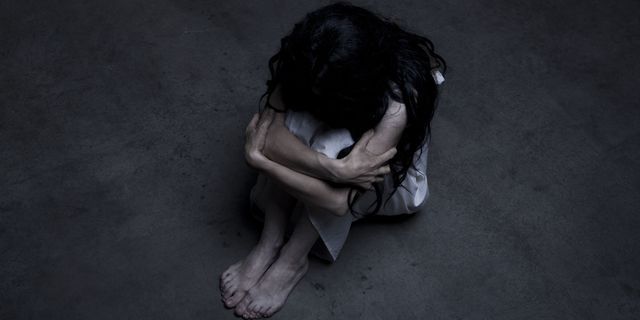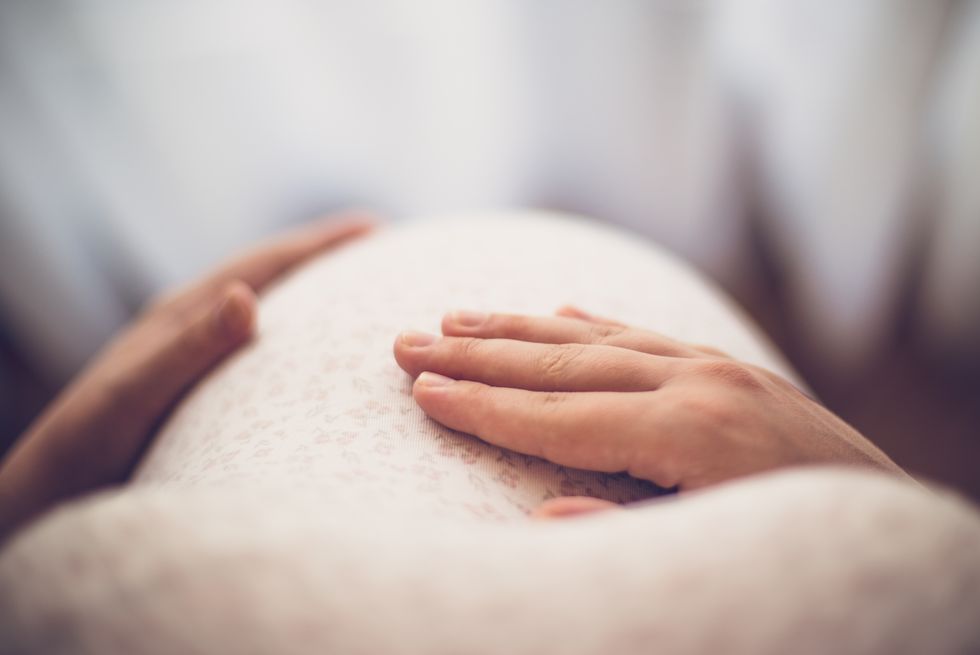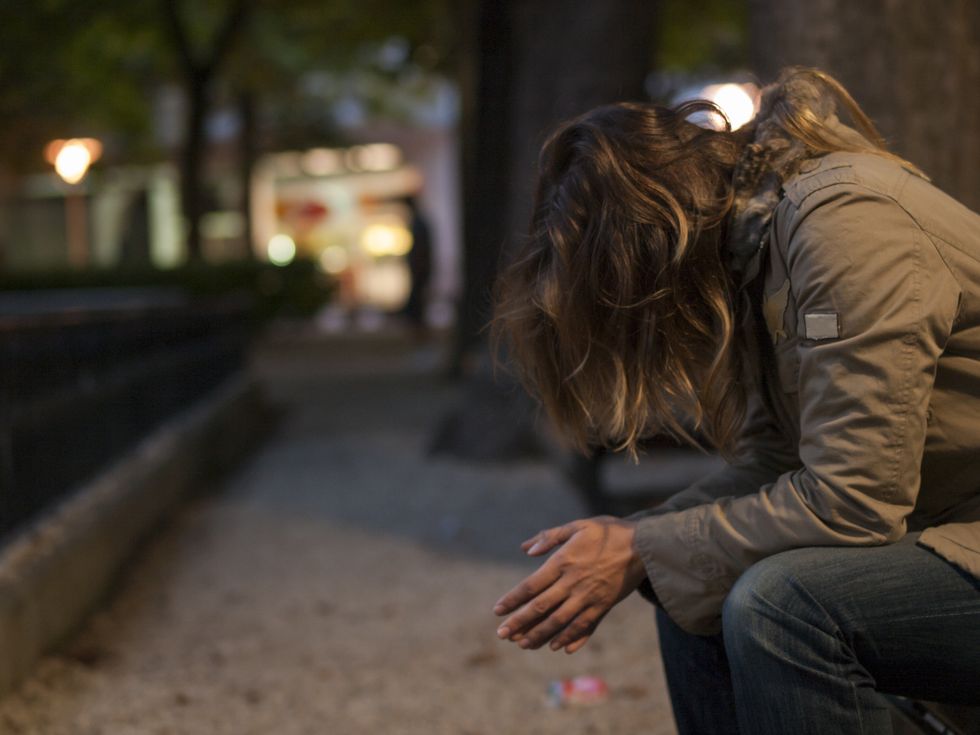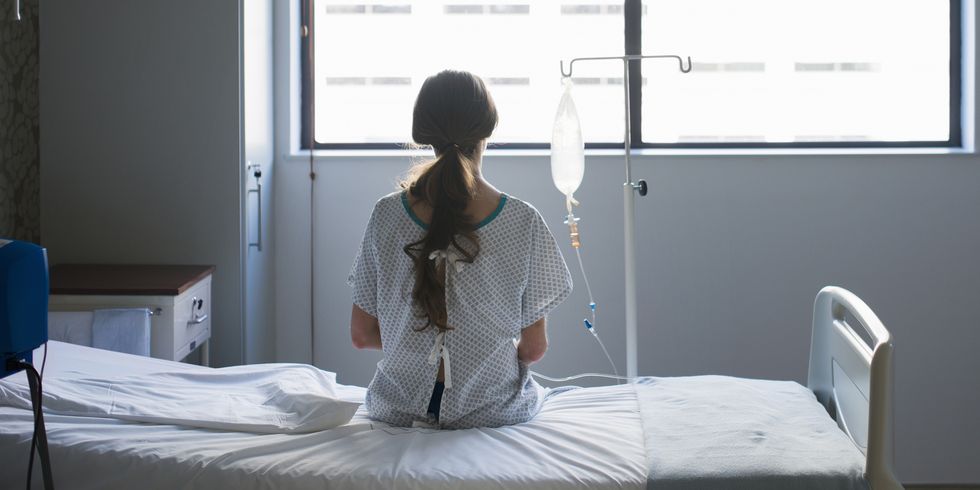With an estimated 13,000 victims of human trafficking in the UK, a new report has found that a quarter of women rescued from modern slavery are pregnant and facing 'shocking' levels of danger and deprivation.
A report published by Hestia, one of the UK's biggest providers of support for victims of slavery, has found that women continue to experience trauma and barriers when accessing healthcare, following their escape or abandonment from their captors.
The data - formed from the stories of 147 women in Hestia's service in 2017 - found that one in three women had contemplated suicide following their experience of slavery.
'All are isolated and long for contact with their mothers,' says the study.
In addition, among the women who had left their detainers, 16 per cent became rough sleepers, while others relied for food and clothes on foodbanks and charities.
The report explains that a 'disproportionately high number of women who have been victims of modern slavery present into our service pregnant, often very late in their pregnancy'.
It adds that some of the women's pregnancies were the result of rape, and may have resulted in their escape from modern slavery, either because they want to protect their child or because were seen as less valuable to captors and released.
Women were also found to be forced to 'consume alcohol or take drugs whilst they were being exploited'.
Hestia claims there is insufficient help for the protection, health and psychological needs of women who are trapped in slavery and are often pregnant or recently became mothers.
'The report revealed that the subsidy women received from the Government was not enough to cover the additional basic needs associated with pregnancy, with all women relying on charity support and food banks for basic needs,' reads a press release published by Hestia.
'This was compounded by a lack of suitable housing.'
Moreover, four in five women were found to be estranged from their families, with feelings of shame and fear of honour-based violence preventing them from contacting their families.
Hestia's CEO Patrick Ryan says:
'These harrowing stories and shocking statistics reveal that even after pregnant women have escaped the hands of their abusers, they continue to endure unimaginable horrors.'
The report says the way that women had been mistreated raises 'questions about the human capacity for evil'.
Urging the NHS to ensure access to perinatal mental healthcare for victims of modern slavery, Ryan added: 'Pregnancy is a time of increased vulnerability. As a society, we must ensure that these women get the support they deserve.'
Among trafficked women helped by the charity, almost 70 per cent had been brought to the UK for 'sexual exploitation', including prostitution, strip clubs and pornography.
Meanwhile, 'domestic servitude' - where women were held as domestic workers - accounted for 25 per cent of women rescued.
While we celebrate International Women's Day – the ground-breaking, glass-ceiling smashing achievements of women throughout history and the empowering steps society is taking to improve gender equality and rights – it's important not to forget that there's still a long way to go until a safe and nonexploitative world exists.

Katie O'Malley is the Site Director on ELLE UK. On a daily basis you’ll find Katie managing all digital workflow, editing site, video and newsletter content, liaising with commercial and sales teams on new partnerships and deals (eg Nike, Tiffany & Co., Cartier etc), implementing new digital strategies and compiling in-depth data traffic, SEO and ecomm reports. In addition to appearing on the radio and on TV, as well as interviewing everyone from Oprah Winfrey to Rishi Sunak PM, Katie enjoys writing about lifestyle, culture, wellness, fitness, fashion, and more.
















